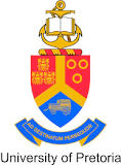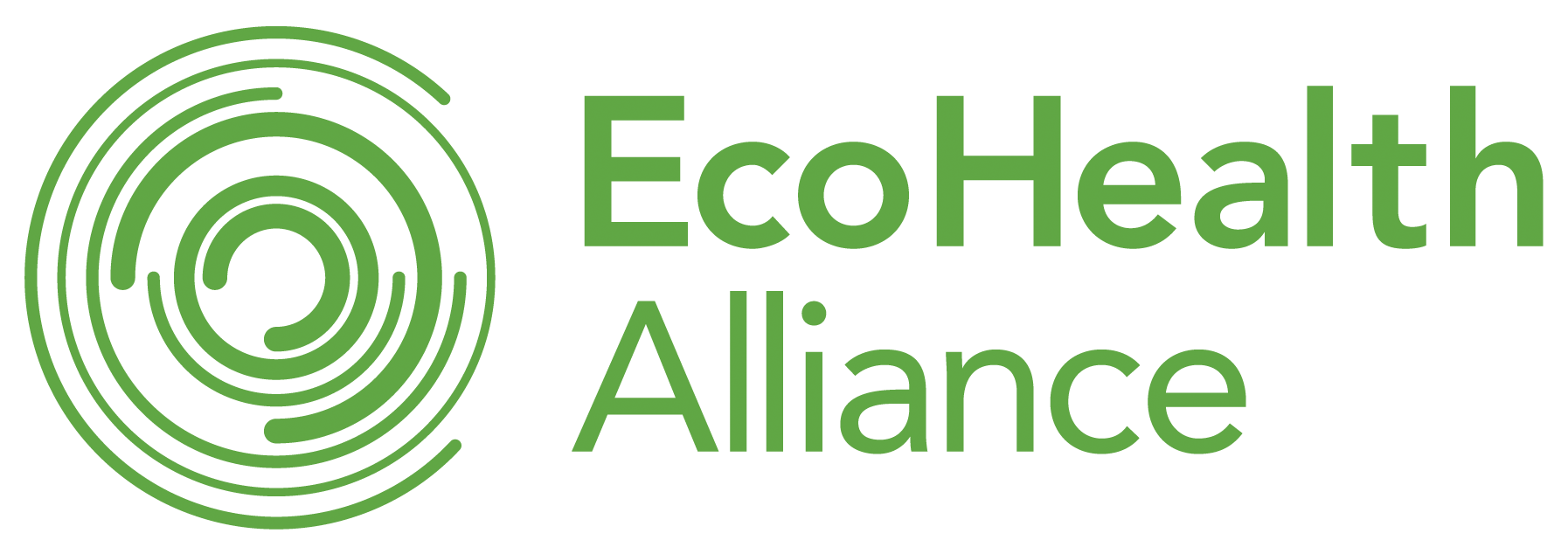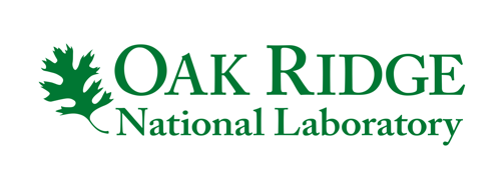Rift Valley fever (RVF) outbreaks pose a risk to livestock, wildlife and public health and can have significant economic consequences. Rift Valley fever virus is spread among livestock and wildlife by mosquitoes. It causes abortion storms where up to 100% of pregnant sheep, cattle and goats may abort or cause high mortality among their newborns. People with RVF often report flu-like symptoms, and some people may become very ill with damage to their eyes and/or liver, bleeding disorders and encephalitis that may result in death. It has been estimated that the 2010/11 RVF outbreak across central South Africa cost the national economy ZAR 213.6 million in production losses alone.
We have developed an Environmental Risk Indicator to enhance awareness of the time periods and geographical areas of high risk for possible RVF outbreaks in South Africa. The system uses statistical analysis (boosted regression trees) to evaluate 27 environmental factors that change with time and location. The model was developed, tested and validated using historical RVF outbreak data. The intended users of this model are the general public in South Africa, in order to inform them of the possible risk of RVF to their animals and themselves. The model is intended to show the risk of a possible RVF outbreak one month in advance, not to predict the future occurrence of RVF cases in animals or people because other factors, such as immunity in the livestock population also affect whether or not the disease will occur. For instance, areas with high rates of livestock vaccination against RVF may be identified as being at high risk due to environmental factors, yet no outbreak occurs because enough animals were immune to prevent an outbreak. In regions that are indicated to be at high risk, vaccination against RVF should be conducted regularly to prevent future outbreaks.
This work was made possible through the “Reducing the Threat of Rift Valley fever through Ecology, Epidemiology and Socio-Economics” project, which is coordinated by the National Institute for Communicable Diseases of the National Health Laboratory Service, the University of Pretoria, and EcoHealth Alliance. These collaborating organizations partnered with the Agricultural Research Council, ExecuVet and the Oak Ridge National Laboratory to develop this early warning system.

National Institute for Communicable Diseases
The National Institute for Communicable Diseases is the national public health institute of South Africa, providing reference to microbiology, virology, epidemiology, surveillance and public health research to support the government's response to communicable disease threats.

University of Pretoria
The University of Pretoria (UP) is one of Africa’s top universities and the largest contact university in South Africa. UP produces socially impactful research to find solutions for the world’s most pressing issues. UP has a high quality of teaching and learning in the classroom, online, or in communities. They have support in place for our students to graduate on time as well-rounded, responsible citizens fully prepared for the world beyond university.

EcoHealth Alliance
EcoHealth Alliance is a US-based non-governmental organization with a stated mission of protecting people, animals, and the environment from emerging infectious diseases. The nonprofit is focused on research that aims to prevent pandemics and promote conservation in hotspot regions worldwide

ExecuVet PTY LTD
ExecuVet PTY LTD is a private One Health contract research organisation (CRO) based in Bloemfontein, South Africa.

Agricultural Research Council
The Agricultural Research Council is a premier science institution that conducts research with partners, develops human capital and fosters innovation to support and develop the agricultural sector.

Oak Ridge National Laboratory
Oak Ridge National Laboratory is a U.S. multiprogram science and technology national laboratory sponsored by the U.S. Department of Energy and administered, managed, and operated by UT–Battelle as a federally funded research and development center under a contract with the DOE, located in Oak Ridge, Tennessee

Department of Defence
The Department of Defence is a department of the South African government. It oversees the South African National Defence Force, the armed forces responsible for defending South Africa.

One Health Consulting
One Health Consulting (OHCON) is a private company elucidating the pivotal role of veterinary services in One Health through specialist inputs and dialogue facilitation.

U.S. Department of Defense, Defense Threat Reduction Agency
The project depicted is sponsored by the U.S. Department of Defense, Defense Threat Reduction Agency. The content of the information does not necessarily reflect the position or the policy of the federal government, and no official endorsement should be inferred.